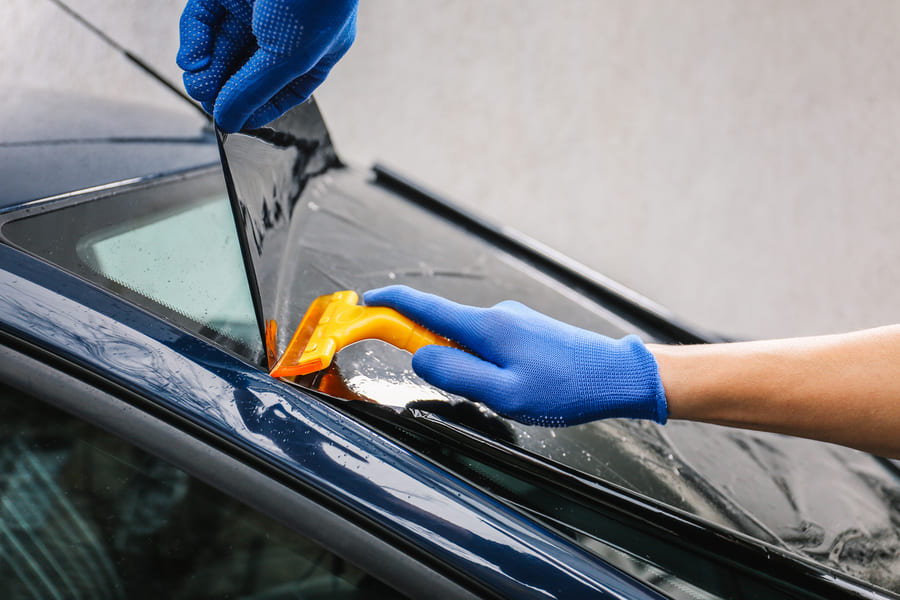
If you are a passionate car owner you care a lot about your vehicle’s appearance. You are probably one of those people who sticks to the maintenance schedule and happily washes their car both inside and out by themselves. In addition to a shiny exterior, there are some extras which can make your car stand out from the rest. As far as the interior is concerned, some car owners like to opt for leather seats or a special polish to make them shine or perhaps dazzling new rims to freshen up the look of your vehicle. Another option, which has become quite popular over the years is: window tinting.
Dark tinting of the rear windows of a vehicle makes the exterior look sportier. Another benefit is that it also protects the occupants from too much sunlight and prevents the inside of your vehicle from heating up too much due to direct sunlight and the summer heat. But above all, tinting protects the interior of your car from prying eyes. Once the windows have been darkened, it is still possible to look out of the car, but passers-by can’t look inside. Window tinting and new rims are still among the most popular ways to spruce up your car and to emphasise its sportiness. Here we will go into more detail about what you need to know if you want to tint your windows.
What types of tinting are available?
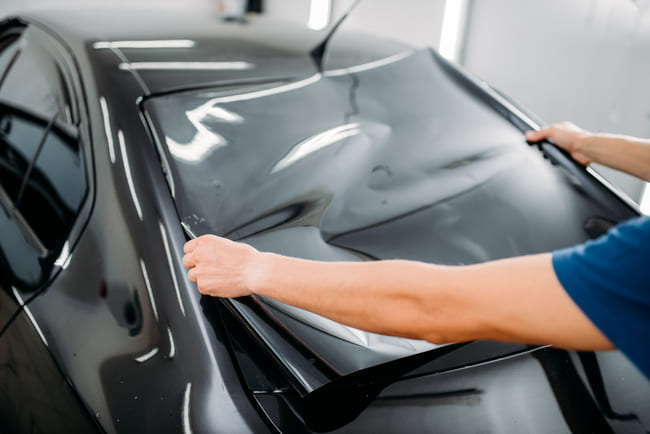
First of all, you should always keep one thing in mind: not every type of window tinting is permitted in the UK. Under no circumstances may the windscreen and the front side windows be tinted. Especially if you want to tint the windows of your vehicle after purchase, you should first make sure that you are not violating any regulations. According to the laws, these windows are safety-relevant. This means that they must always provide a clear view to the outside.
The best-known and most popular way of darkening the windows is by using foil all of which have different effects, colours, and degrees of tint. This involves applying the foil to the inside of the rear windows of your vehicle using special tools and a space that is as free of dust as possible. But take note: you cannot use just any tint here – only the kind that is permitted by law. Alternatively, the windows of your vehicle can also be completely replaced. If you choose this option, the windows on your vehicle will be removed and then replaced with new, darkened windows from the car manufacturer. This is definitely more expensive, but quite a few vehicle owners prefer this because you are still on the road with the manufacturer’s original equipment.
How much does car window tinting cost?
This all depends on the type and method of window tinting you choose. The most expensive is, of course, the replacement of the windows. This will usually cost you around £600. However, if you decide to have the windows foiled, you can expect costs of up to £200 euros for a small car. If, on the other hand, you have a van that you would like to have tinted, the price can quickly double, as there is more window surface to work with. It is best to contact a trusted workshop and avoid doing the job by yourself.
Why you shouldn’t do this yourself
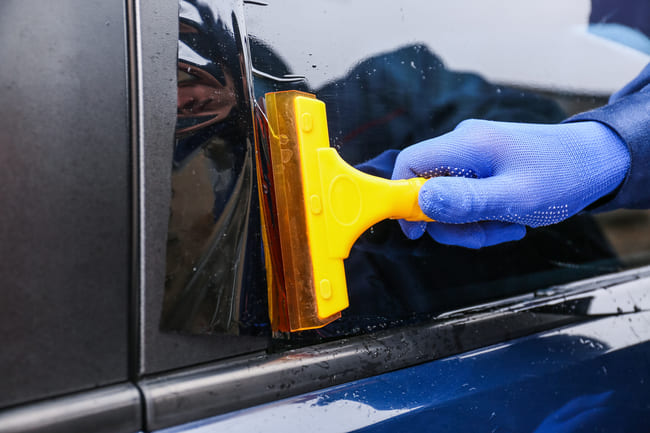
You may be one of those vehicle owners who like to carry out repairs and tuning work on your vehicle yourself. However, you should exercise caution when darkening the windows: leave this to the specialists. You may save money by doing the tinting yourself, but this can have serious consequences. In order to wrap your vehicle perfectly and cleanly, you need special expertise and skill – otherwise, bubbles or wrinkles could form on the windscreen. If you turn to a professional workshop, you can count on an ideal result. In addition, you are protected by a warranty. But quite apart from that, you should be aware that you can quickly violate traffic regulations if you want to do the window tinting of your vehicle yourself. There are legal regulations here that specify how much and what kind of darkening may be carried out.
Legislation stipulates that tinted windows must still transmit at least 70% of the light. Tinting films that look like sunglasses from the outside are therefore not permitted. Care must be taken to ensure that the film used has a type approval. If a tinting film that is too dark and not approved is used, this will be considered an offense. You can then expect to be issued a penalty notice and be required to pay a fine during a traffic control. If the road safety of the vehicle is impaired by the dark tinting, the fine is £60 and will also cost you 3 points.
Advantages of darkening the windows
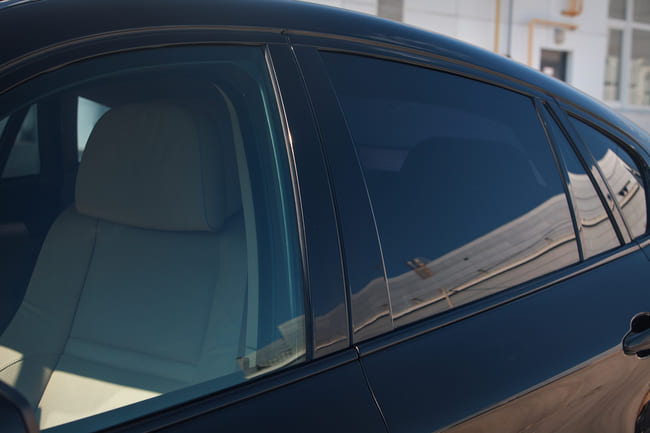
Apart from the fact that darkening the windows makes your vehicle look much sportier and gives it a more assertive look, there are other advantages to tinting the windows. If your windows are tinted to the back seat of the vehicle, it is no longer possible for passers-by to see if there are valuable items here. Unless a potential thief can be sure whether there is something worth stealing in the vehicle, it is unlikely that the vehicle will be broken into. Privacy is also protected when passers-by cannot cast curious glances into the vehicle.
As far as the upholstery and interior of your vehicle is concerned, there are also many advantages. The direct UV rays of the sun will make upholstery less likely to fade and the climate in the interior of your vehicle will not heat up as quickly. It doesn’t get hot as fast in your car, so the air conditioning and fuel consumption also benefit and are reduced. Not to mention, the occupants in your car can enjoy diminished glare from other vehicles or the sun. All in all, there are clear advantages to tinting your vehicle’s windows. In addition to more privacy, a cooler interior in summer, and glare protection, you can also score points with a sporty look. But remember: only have windscreen tinting carried out by professional workshops in order to avoid fines or even the loss of your driving licence. If you follow these simple rules, tinting your vehicle’s windows will give it a face-lift and a whole new look.


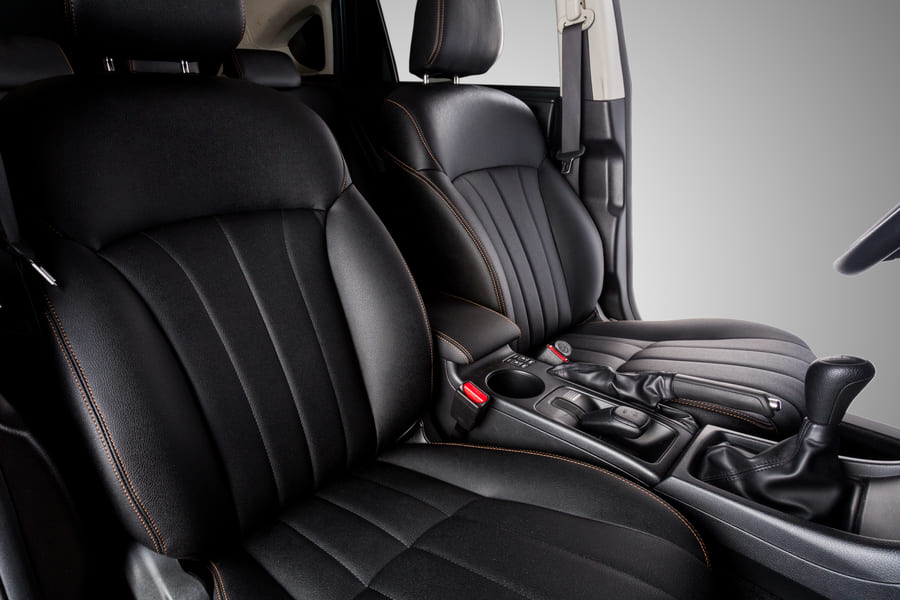
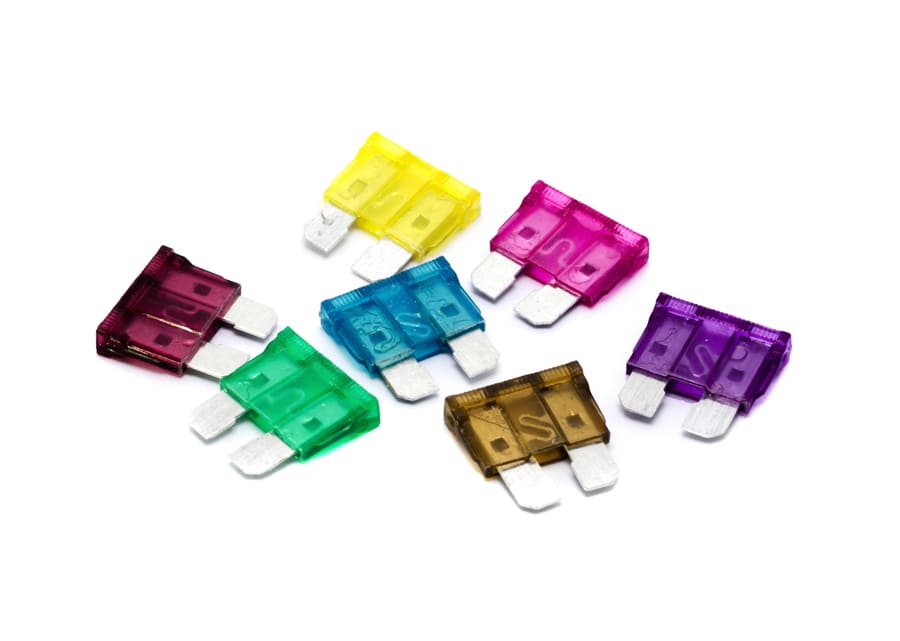


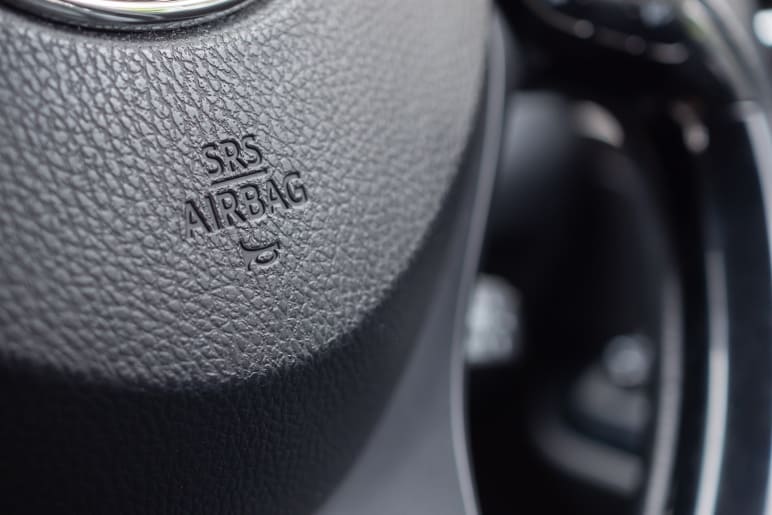
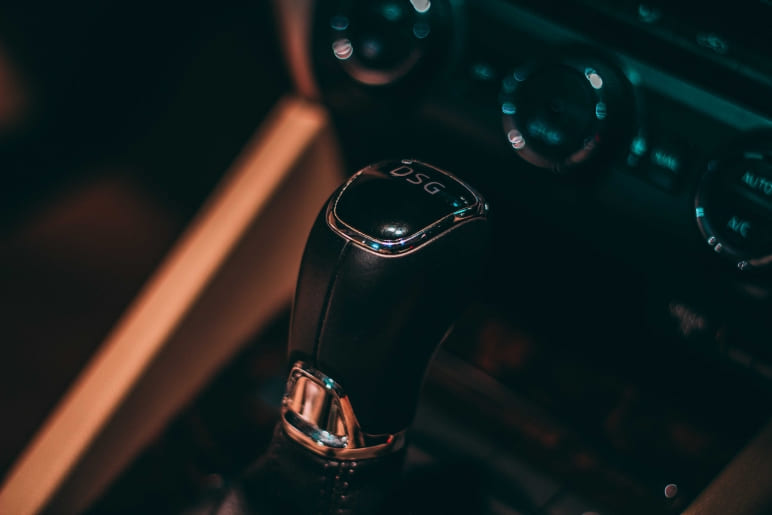
Comment